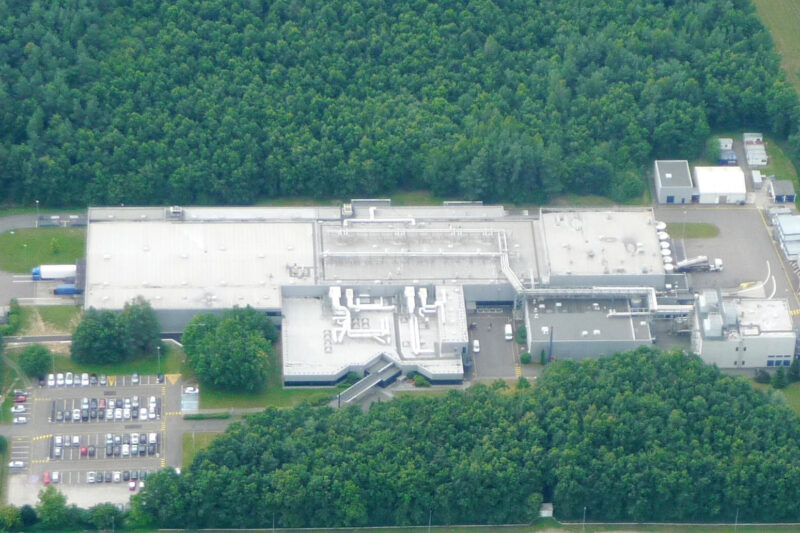Mars Wrigley’s French ice cream factory claims first European 100% renewable energy status

pic: Mars Wrigley
A major environmental improvement drive is being delivered by Mars Wrigley, as its ice cream plant in Steinbourg, France, becomes its first factory to be powered entirely from renewable energy, reports Neill Barston.
The development comes as part of the company’s broader strategy of transitioning to net zero as a global business by 2050 throughout its production chains.
According to the company, the renewable energy behind the French manufacturing site comes from a mix of wind, hydro and solar power, with the move being welcomed by Florence Mouls, vice president of supply at Mars Wrigley Europe, CIS and Turkey.
It comes as a core part of its Sustainable in a generation plans established by the business to tackle all direct and indirect emissions in the value chain, including those created by suppliers.
Florence Mouls said: “The world we want tomorrow hinges upon the responsibility of businesses to make changes today, which is why we’re pioneering projects such as the first 100% renewable energy factory in the Mars Group. This is a key milestone for both Mars Wrigley in Europe, and Mars, Incorporated as we continue to make steady progress towards achieving net zero throughout our value chain by 2050.”
The company’s latest initiative was led by Mars Wrigley employees at the factory site, which involved the installation of an electric boiler (pictured below) to replace the existing gas version. The change will take effect this summer, putting an end to the direct use any fossil fuels at the site and saving 600 tons of CO2 per year.

Its Sustainable in a generation plan began in 2013 as part of its guiding transition to 100% renewable electric power for the location. In less than 10 years, this factory has already reduced gas consumption by almost 50% due to energy recovery via a heat pump. In addition, the plant has also reduced water consumption by 30% per tonne of ice cream produced and reduced power consumption owing to the optimisation of chocolate brewing time.
